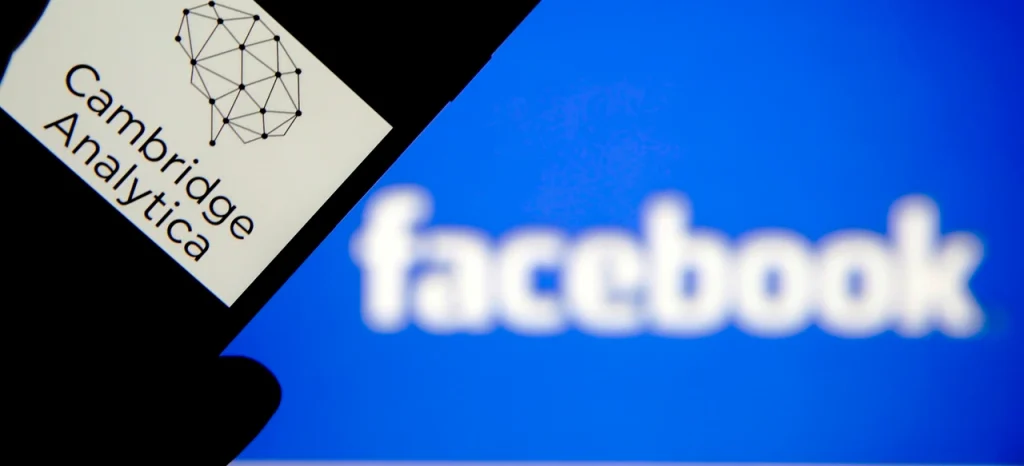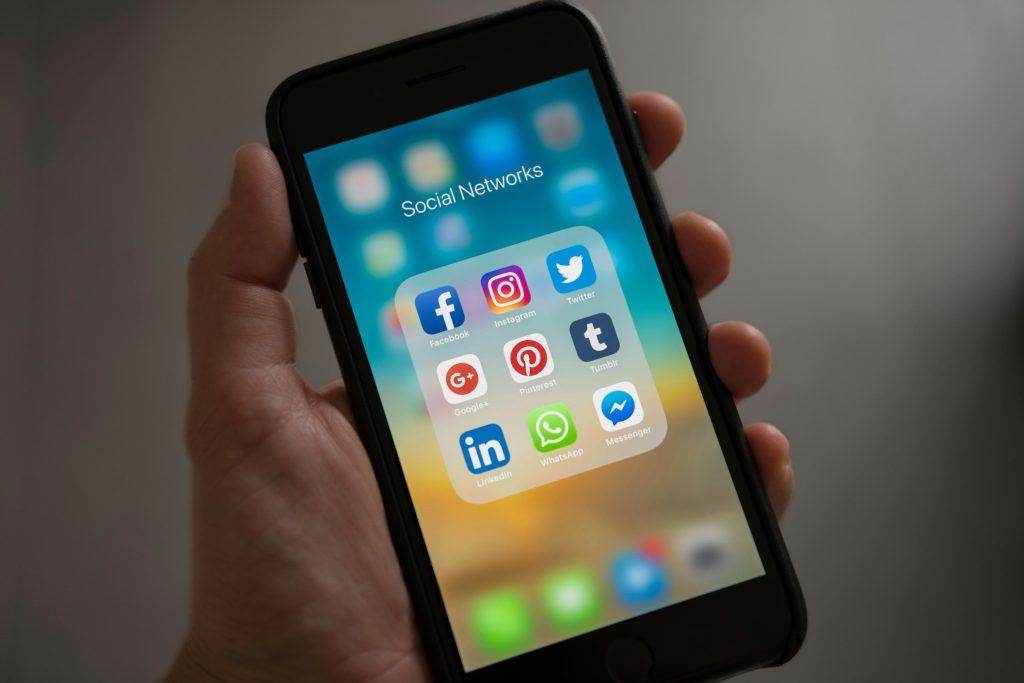It all starts with data. Social media platforms are not free out of goodwill; they profit immensely from your personal information. Using algorithms and trackers, these companies collect a treasure trove of data, including:
- Browsing habits: What you click, how long you scroll, and your interaction patterns.
- Location data: GPS tracking embedded in apps like TikTok and Snapchat.
- Personal preferences: Your shopping habits, political inclinations, and even private messages.
This data is often sold to advertisers or used to feed machine-learning algorithms, creating eerily accurate profiles of users.
How They Do It
- Cookies and Pixels: Tiny bits of code monitor your activity across the web.
- Microphone Access: Ever wondered why ads match your conversations? Some apps allegedly use microphone permissions to gather intel.
- Camera and Files: TikTok, for example, has faced accusations of accessing clipboards and other sensitive information without user consent.
The Scandals That Shook Big Tech
Let’s take a closer look at some major lawsuits and controversies:
1. TikTok and Data Harvesting Allegations
In 2020, TikTok faced a class-action lawsuit in Illinois for violating the Biometric Information Privacy Act (BIPA). Plaintiffs accused the app of collecting facial recognition and voice data without informed consent. While TikTok denied these claims, the company paid $92 million to settle the lawsuit. Critics argue this is just the tip of the iceberg for the app owned by Chinese company ByteDance, which has also been scrutinized by governments worldwide for potential ties to Chinese surveillance.
2. Facebook-Cambridge Analytica Scandal
In 2018, it came to light that Cambridge Analytica harvested data from 87 million Facebook users without their explicit permission. This information was allegedly used to influence elections, including the 2016 U.S. Presidential race. Facebook paid a record $5 billion fine to the Federal Trade Commission (FTC), but the damage to user trust was irreparable.

3. Snapchat and Employee Misconduct
Snapchat has long touted itself as a safe, ephemeral platform. However, internal documents leaked in 2019 revealed that employees abused tools like “SnapLion” to spy on users’ saved photos and messages. Although Snapchat claimed to have taken corrective actions, the controversy raised questions about internal safeguards.
4. Instagram’s Child Privacy Violation
In 2022, Instagram was fined €405 million by the Irish Data Protection Commission for mishandling children’s data. Accounts of minors had phone numbers and email addresses publicly visible, a glaring breach of privacy laws. Instagram’s parent company, Meta, apologized but the scandal underscored systemic issues.
Why Should You Care?
The dangers go beyond targeted ads. Data leaks can expose:
- Financial information: Leading to identity theft and fraud.
- Personal vulnerabilities: Used for harassment or manipulation.
- Political profiling: Creating echo chambers that polarize societies.
For instance, in 2023, over 200 million Twitter user profiles were leaked online, exposing email addresses and sensitive information. Such incidents are not anomalies but symptoms of a broader problem in Big Tech.
Safer Alternatives to Consider
Feeling alarmed? Don’t worry; there are safer ways to browse and connect online. Here are some privacy-focused alternatives:
1. DuckDuckGo
This search engine doesn’t track your browsing history or store personal data. It also offers a privacy-focused browser app with features like tracker blocking.
2. Telegram
Unlike WhatsApp, Telegram offers end-to-end encryption for its “Secret Chats” and doesn’t share data with advertisers.
3. Signal
Known for its robust security, Signal provides encrypted messaging without ads or data mining.
4. Session
A decentralized messenger, Session doesn’t collect metadata or require a phone number, making it one of the safest choices for private communication.
5. ProtonMail
For secure email communication, ProtonMail encrypts emails so only the sender and recipient can read them.
How to Protect Yourself From Tech Companies
- Review App Permissions: Disable unnecessary access to your microphone, camera, and location.
- Limit Social Media Usage: The less you share, the safer you are.
- Use a VPN: Mask your IP address and encrypt your internet traffic.
- Switch to Privacy-Focused Tools: Start using the alternatives listed above.
Final Thoughts
While apps like TikTok, Facebook, and Instagram offer convenience and entertainment, the cost to your privacy is steep. These platforms thrive on exploiting user data, often crossing ethical boundaries. By staying informed and switching to safer alternatives, you can take back control of your digital life. Remember, your data is your power; don’t let Big Tech rob you of it.


